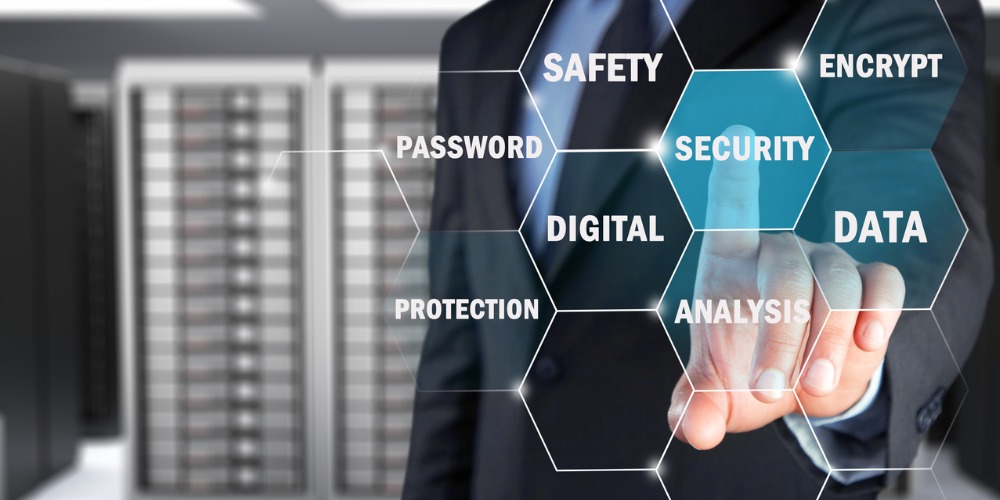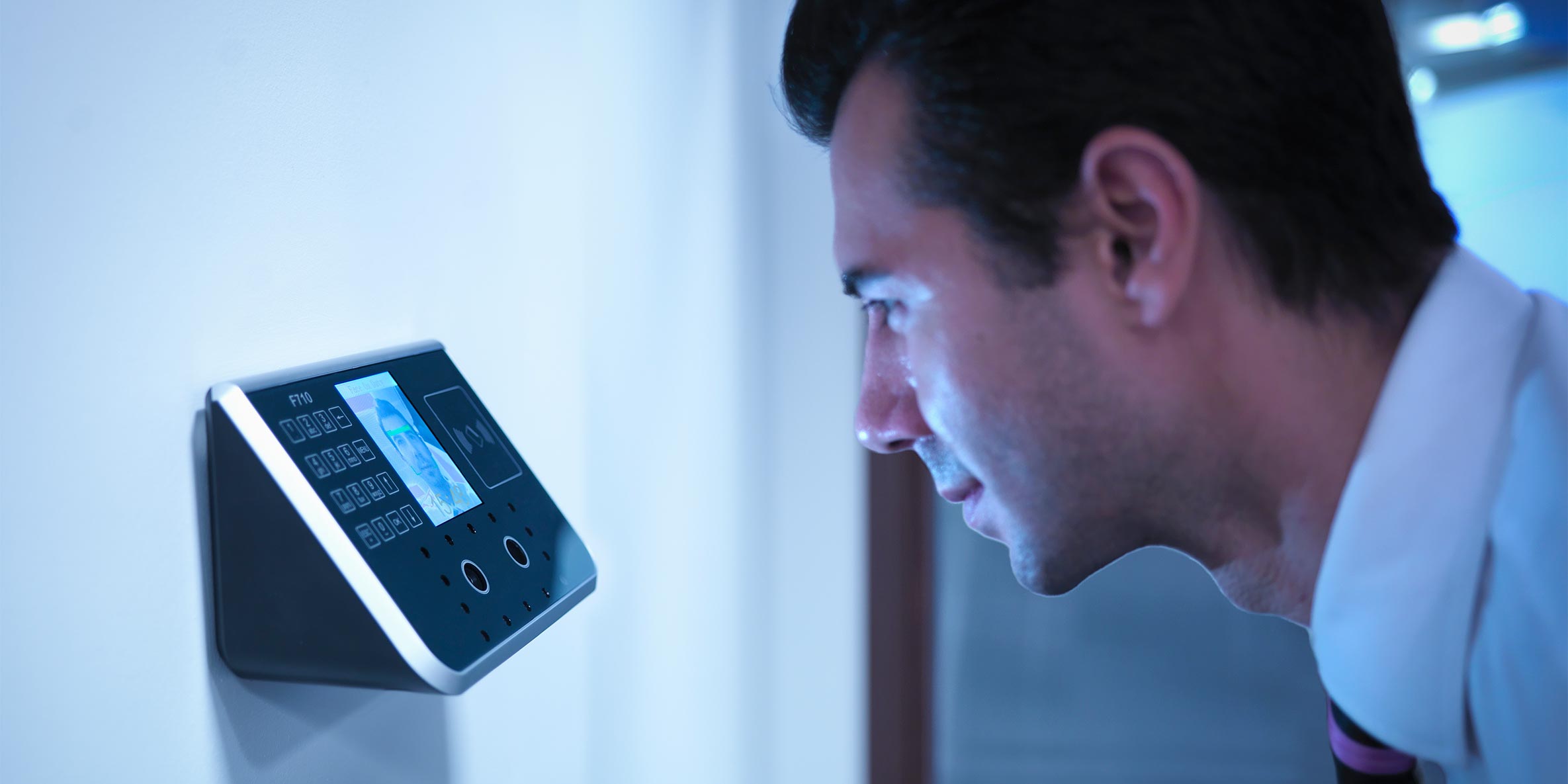This post was originally published on May 9, 2019. It has since been updated for accuracy and comprehensiveness.
Video surveillance is a vital and effective security solution that protects all business types. It acts as a crime deterrent and can help identify suspects in the event of a criminal incident.
To ensure your business video surveillance system is operating at peak performance, we’ve compiled a list of five fundamental video surveillance tips from our business security blog.
1. Secure Your Surveillance System From Hackers
Advancements in technology have made it possible for hackers to gain access to security cameras. Today, many businesses utilize Internet Protocol (IP) cameras that require an Internet connection for operation. Consider the following practices whens securing your video surveillance system from cyber criminals:
- Change your surveillance system password every three months and utilize proper password management.
- Always change default usernames and passwords. These factory-preset logins are often readily available online, making it easier for hackers to access your system.
- Secure your business network. An unsecure network risks leaving open access points in your system, giving hackers the opportunity to compromise your surveillance cameras.
- Never connect your cameras to a public network. Hackers can easily access information, like video surveillance credentials, through shared networks.
- Choose cameras with encrypted signals. Encryption disguises information sent over the Internet, making it challenging for hackers to identify valuable data.
2. Avoid Video Surveillance Legal Liabilities
Your business’ safety is a top priority, but so is the privacy of your employees and customers. When installing cameras throughout your business, be sure to avoid areas where people have a reasonable expectation of privacy. This includes:
- Bathrooms
- Dressing rooms
- Exam rooms
- Locker rooms
- Hotel rooms
Additionally, understand the laws around video and audio recording so you don’t invade anyone’s privacy. Laws vary from state to state, so visit your State Labor Agency website to learn about camera privacy laws in your region.
3. Strategically Place Cameras
Strategically placed cameras help business owners easily identify and promptly respond to potentially hazardous situations. Video surveillance cameras are most effective when they are:
- Installed above all entrances and exits, to see who’s coming and going.
- Capable of watching over areas with high-value items, like office technology, stockrooms and cash registers.
- Placed under sufficient lighting for higher-quality video footage.
- Positioned to capture wide angles for fuller surveillance coverage.
4. Store Video Footage in the Cloud
Cloud solutions can help businesses increase storage capabilities and more easily access surveillance camera footage. Cloud-based systems offer a strong alternative to traditional analog systems. If properly installed, cloud storage can boost your business’ overall security measures because it’s:
- Cost-effective: IP cameras can eliminate the need for an onsite digital video recorder (DVR) or network video recorder (NVR).
- Accessible: When housed in the cloud, surveillance footage can be viewed via smartphone, tablet or a desktop web browser at any time.
- Flexible: New users, locations and cameras can be added to your existing infrastructure without rewiring.
5. Increase Business Security with Additional Camera Features
You can also improve the effectiveness of your business surveillance system with some additional features, including:
- Adjustable angles: Cameras that are mobile and can tilt or zoom for multiple views.
- Artificial intelligence (AI) technology: Cameras hosted on monitoring platforms powered by artificial intelligence can automatically monitor all footage and alert users about unusual events.
- Day/night capabilities: Cameras with night vision use infrared LEDs to provide clear images in near low-light conditions.
- High resolution: Higher resolutions give the best quality image.
- IP-based versus wired: Video cables are not required with IP-based systems.
- Weatherproof: Cameras that can withstand outdoor conditions.
- Remote access: Sync your video surveillance system to your mobile security app to control settings and view footage on your mobile device.
Do you have questions about ways to enhance your video surveillance system? Talk to a security expert today.



